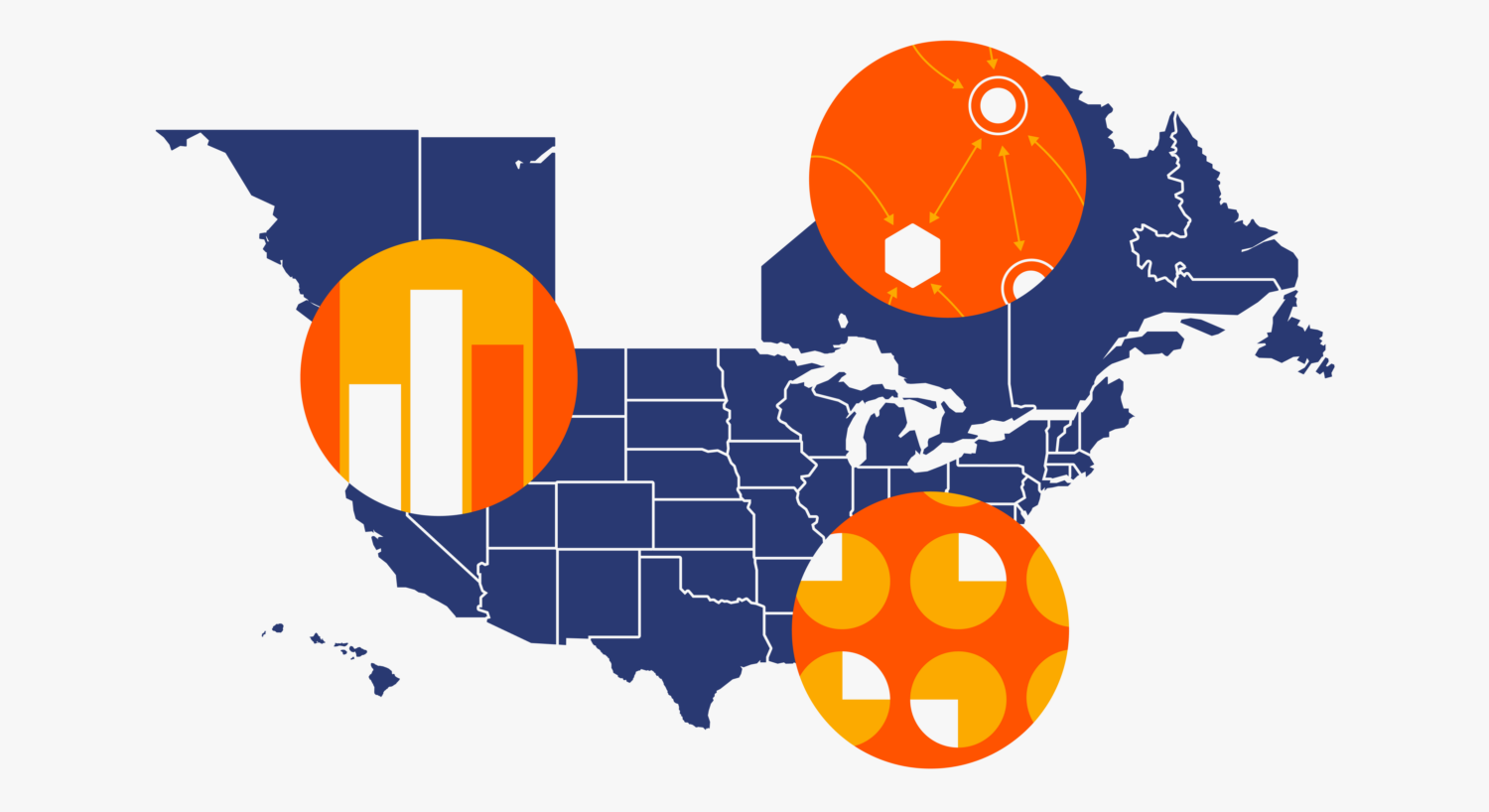This blog is a preview of our 2022 State of Cryptocurrency Investigations Survey. We polled 300 North American public sector employees from 183 agencies to learn their perspective and understanding of cryptocurrency and how it relates to their work. Download the full report here!
Cryptocurrency investigations present unique challenges to the public sector. On the law enforcement side, cryptocurrency is touching all forms of crime: drugs, theft, fraud, money laundering — you name it. But cryptocurrency cases differ significantly from those involving traditional finance, and require new tools and methodologies to solve. From regulators’ perspective, cryptocurrency has grown from a niche hobby to a trillion-dollar asset class in under a decade, bringing with it concerns over consumer protection, market manipulation, AML/CTF enforcement, and more.
Those problems are one reason Chainalysis exists. We work with the public sector to make the complexity of cryptocurrency simple, and help agencies achieve their objectives with crypto as easily as they can with fiat – if not moreso.
But every so often, we need a temperature check to confirm we’re on the right track. That’s why, for the first time, we polled the public sector to better understand their outlook on cryptocurrency: the successes, the challenges, and what they need to become more effective. Here’s a quick summary of our key findings:
- Public sector employees like cryptocurrency but see the downsides too. The majority of our respondents say cryptocurrency will advance our financial system in a positive way, but also acknowledge that it plays a role in many of their criminal investigations.
- Cryptocurrency spans all forms of criminal activity. At both the federal and state & local levels, respondents told us that cryptocurrency is prevalent in a variety of crime types, including narcotics, fraud, theft, and cybercrime.
- Blockchain analysis tools must provide accurate data and transaction visualization above all else. Respondents pointed to accurate, reliable blockchain data, and simple visualization as the most important components of any blockchain analysis tool they use. These functionalities matter for both completing investigations and for ensuring positive results in court by convincing judges and juries of their findings.
- Training matters. Respondents rated effective training programs as another crucial requirement for any cryptocurrency investigative tool they purchase.
- Public sector employees need more resources. 74% of our respondents said employees at their agency aren’t currently well-equipped to investigate cryptocurrency-related crime.
Download the report for our full breakdown of the survey results, and learn where the public sector is today in its cryptocurrency journey.
